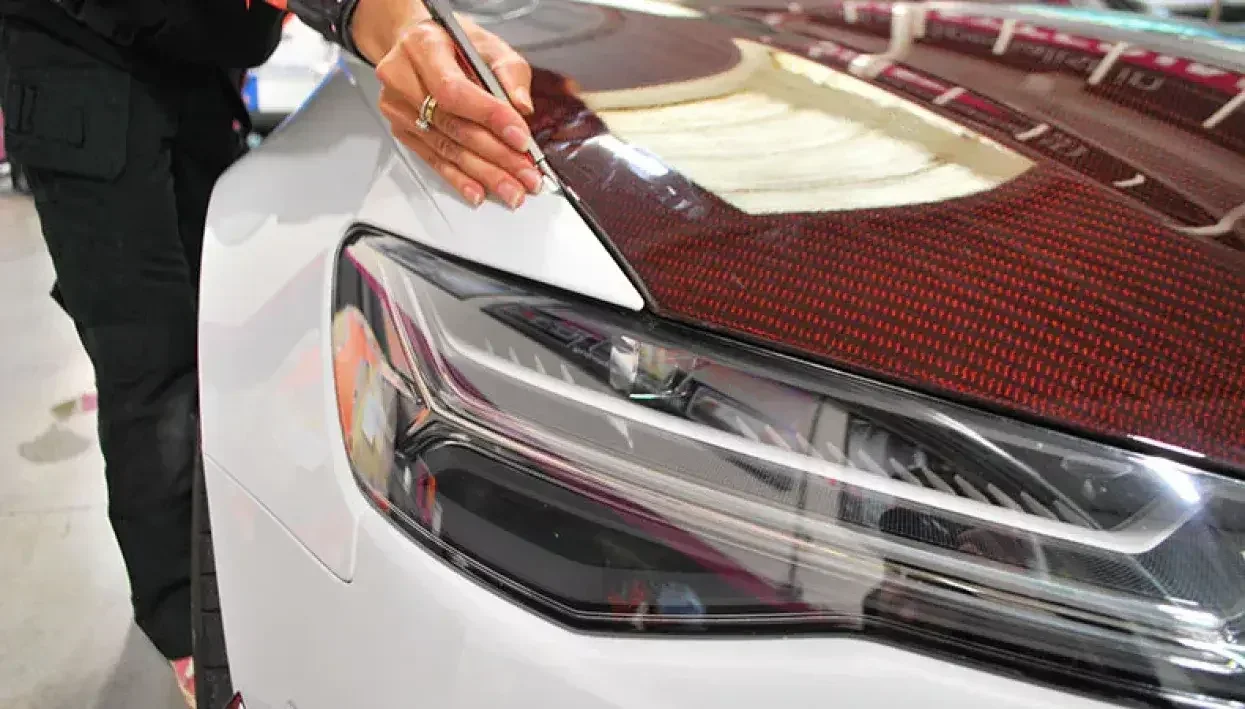Sustainability
Plastics recycling: corporate social responsibility policies at HEXIS
Author
FESPA Staff
Published Date
28/09/2021
Become a FESPA Member
to Continue Reading
